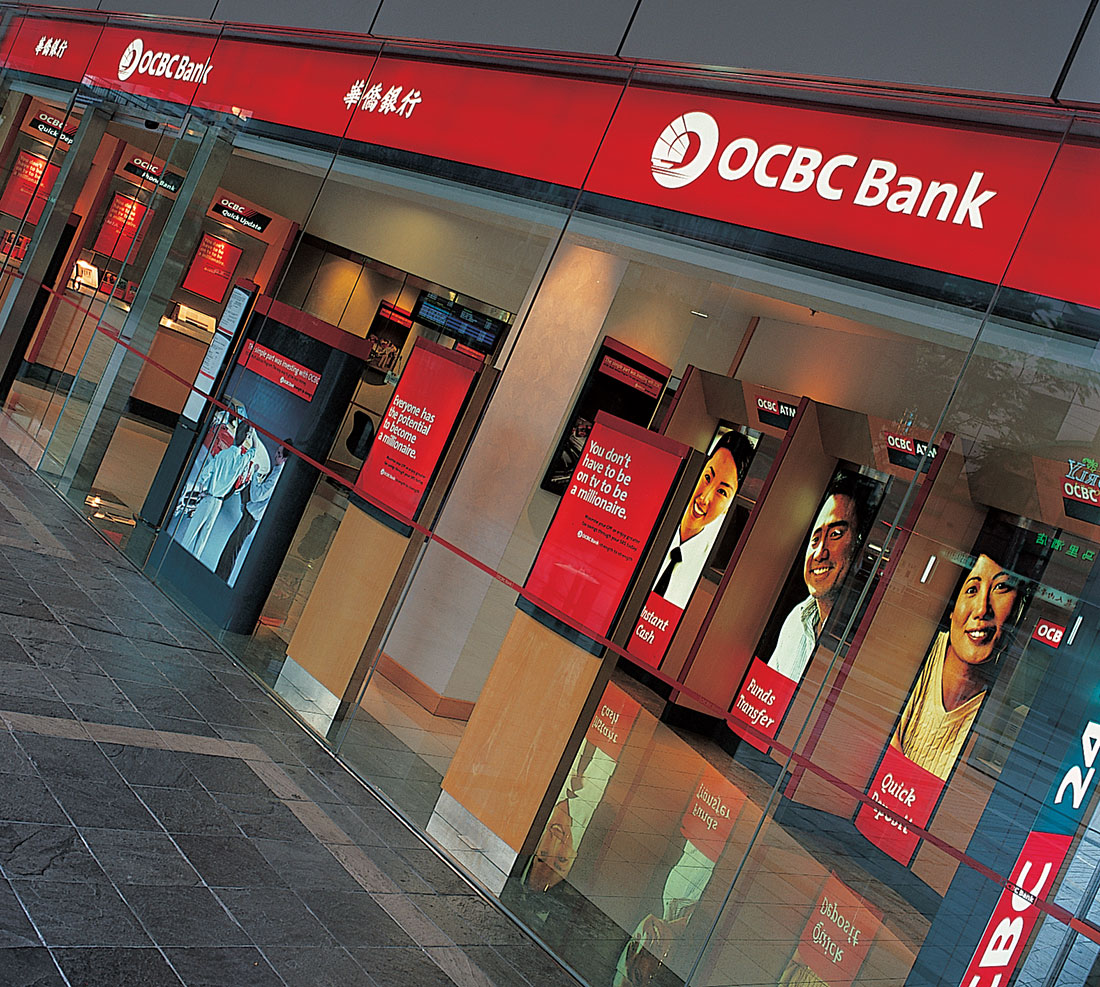The Most Powerful Force Working Against Coal Isn’t Concern for Your Health

From a moral perspective, there is very little to like about the world’s largest banks. Take Wells Fargo, the criminal organization that has refined the practice of swindling its customers down into a fine art. Is it any surprise they finance dirty energy plants all over the globe? As long as “Big Money” remains intent on becoming “Even Bigger Money” with no regard to the harm they’re doing to our society, creating a sustainable civilization will continue to be a daunting task.
But everything changes when people in positions of power have the courage to say, “No. We’re just not doing that any more.” Right on.

Craig,
I hate to prick your balloon, but all might not be as rosy as the announcement from OCBC’s Samuel Tsien would have you believe.
In recent years, OCBC has discovered itself in competing with the bank’s own subsidiaries and major shareholders (Citibank)in resource financing.
When OCBC acquired the Bank of Singapore, it had to resolve many conflicts of interest, especially in compliance. Putting a good spin on such maneuvering is a talent in which CEO Samuel Tsien is not lacking.
OCBC is worried about the future of Coal in Vietnam not for environmental reasons, but because demand from Europe and China has driven the thermal coal price above $116 per tonne. (In 2015 the price fell to below $70).
Demand and supply drives the price of any commodity. The Vietnamese government has decided to suspend building new power stations, while it examines the economic feasibility of Coal v Gas.
The outcome of the Australian election on June, will have an impact on the price of coal. If the new government is unfriendly to new coal mines, the price of coal will continue to increase.
New “clean coal’ power plants are more expensive to build and as coal increases in price the capital return against gas may not justify the expense.
On the other hand, it seems almost certain the current cheap price for natural gas can’t be sustained as Asian demand for LPG is insatiable.
The answer lies in the next generation of Coal fired plants. The plants will incorporate efficiencies, technologies and by-product returns with the potential to revolutionize the profitability of coal fired “clean energy”.
Those eagerly writing of Coal Energy are living a delusion. Clean coal technology has already arrived and although the effects will take time to be fully integrated, they’re inevitable.